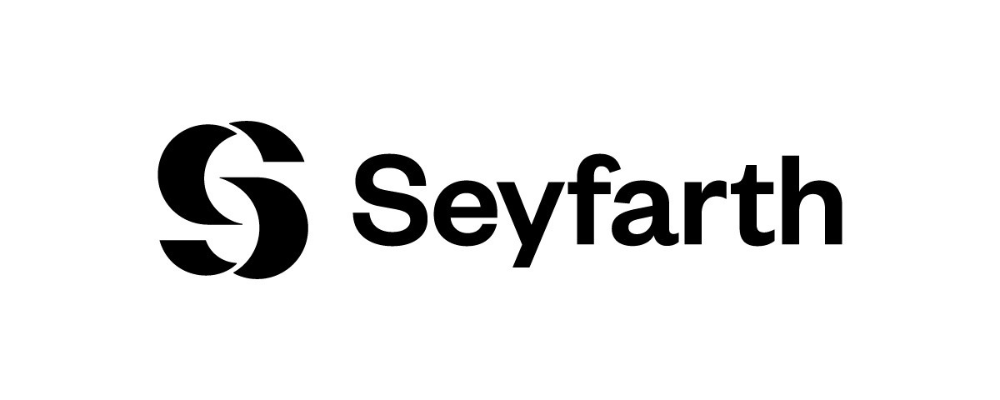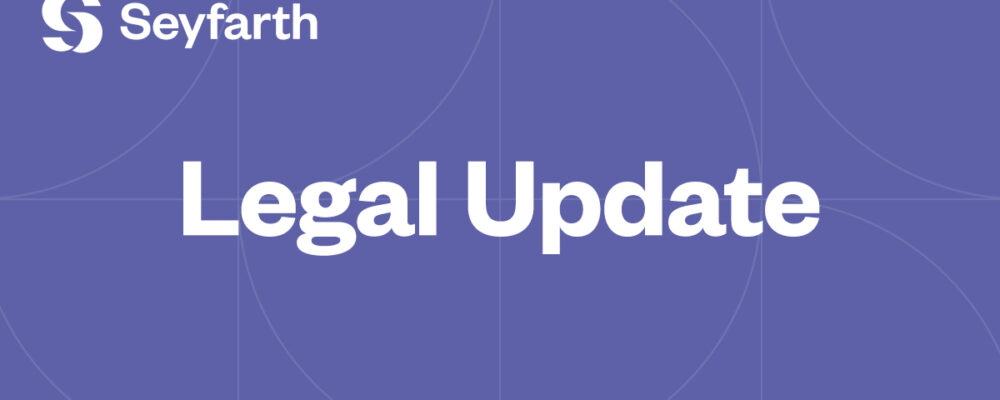To bring Hong Kong’s Foreign-Sourced Income Exemption (FSIE) regime in line with the European Union’s updated guidance on FSIE regimes promulgated in December 2022, the Inland Revenue (Amendment) (Taxation on Foreign-sourced Disposal Gains) Ordinance 2023 was enacted on 8 December 2023 to refine Hong Kong’s FSIE regime with effect from 1 January 2024, under which, subject to certain carve-outs and reliefs, the scope of assets in relation to foreign-sourced disposal gains has been expanded to cover all types of property. A new intra-group transfer relief has also been introduced to defer charging of tax if the property concerned is transferred between associated entities, subject to specific anti-abuse rules.
Background
Hong Kong was added to Annex II of the European Union’s list of non-cooperative jurisdictions for tax purposes in October 2021, meaning that the European Union would further monitor Hong Kong’s territorial tax system and might consider moving Hong Kong to its so-called blacklist.
In response, the Hong Kong Government introduced an intricate FSIE regime under the Inland Revenue Ordinance (Cap. 112) whereby, for the first time, beginning on 1 January 2023 (with no grandfathering arrangement), specified foreign-sourced income arising in or derived from a territory outside of Hong Kong, including (i) interest, (ii) dividend, (iii) income derived from the use of IP, and (iv) equity interest disposal gain, accrued to and received in Hong Kong by a member of a multinational enterprise (MNE) group[1] carrying on a trade, profession, or business in Hong Kong (irrespective of its revenue or asset size) will be considered taxable in Hong Kong and subject to profits tax.
From 1 January 2024 onwards, Hong Kong’s FSIE regime has expanded disposal gains to the sale of all kinds of property (movable or immovable property), rather than just the disposal of equity interest. After implementation of the new changes, the European Union considered that Hong Kong has fulfilled its commitment by amending the tax regime and moved it from the watchlist to the “white” list on 20 February 2024.
This represents a marked departure from the established tax law in Hong Kong. For those unaware, Hong Kong adopts a territorial source principle of taxation (that is only profits that have a source in Hong Kong are taxable in Hong Kong, and profits sourced elsewhere are not subject to Hong Kong profits tax). In any case, it is the Inland Revenue Department’s stance that Hong Kong will continue to adhere to the territorial source principle of taxation, and that determination on the source of profits shall not be affected by the introduction of the FSIE regime.
Exemptions
As with all things tax, there are several available exemptions. For one, specified foreign-sourced income will not include any interest, dividend, or non-IP disposal gain that accrues to regulated financial entities in Hong Kong and is derived by or is incidental to that entity’s business as a regulated financial entity.
Also, the FSIE will not be applicable if the MNE entity in Hong Kong can meet the economic substance requirement (for interest, dividend, or non-IP disposal gain), the nexus requirement (for qualifying general IP come (e.g., royalty) and qualifying IP disposal gain), or the participation requirement (for dividend or equity interest disposal gain) subject to a number of anti-abuse rules.
Obligations of an MNE Entity
The FSIE regime is essentially a self-reporting regime and an MNE entity in Hong Kong is required, among others, to i) report its specified foreign-sourced income and amount of chargeable specified foreign-sourced income in its relevant profits tax return, ii) notify the Commissioner that it is chargeable to profits tax within four months after the end of the basis period of the year of assessment during which the income is received in Hong Kong in case no profits tax return has been issued to it for the year of assessment concerned, and iii) retain records of transactions relating to the specified foreign-sourced income at least until the later of the expiry of seven years after the completion of those transactions, or the expiry of seven years after the income is or regarded as received in Hong Kong
Advance Ruling
To reduce tax compliance burden and/or to obtain tax certainty, an MNE entity can apply to the Commissioner for advance rulings on its compliance with the economic substance requirement in relation to foreign-sourced interest, dividend, and/or non-IP disposal gain if the entity is carrying on a trade, profession, or business in Hong Kong and its specified foreign-sourced interest, dividend, or equity interest disposal gain accrues on or after 1 January 2023 or its specified foreign-sourced non-IP disposal gain (other than equity interest disposal gain) accrues on or after 1 January 2024.
Seyfarth has experience advising on international taxation. Our attorneys enjoy partnering with clients to maximize business opportunities by structuring creative, tax-efficient solutions.
[1] An MNE group means a group that includes at least one entity or permanent establishment that is not located or established in the jurisdiction of the ultimate parent entity of the group.
“With approximately 900 lawyers across 17 offices, Seyfarth Shaw LLP provides advisory, litigation, and transactional legal services to clients worldwide.”
Please visit the firm link to site






